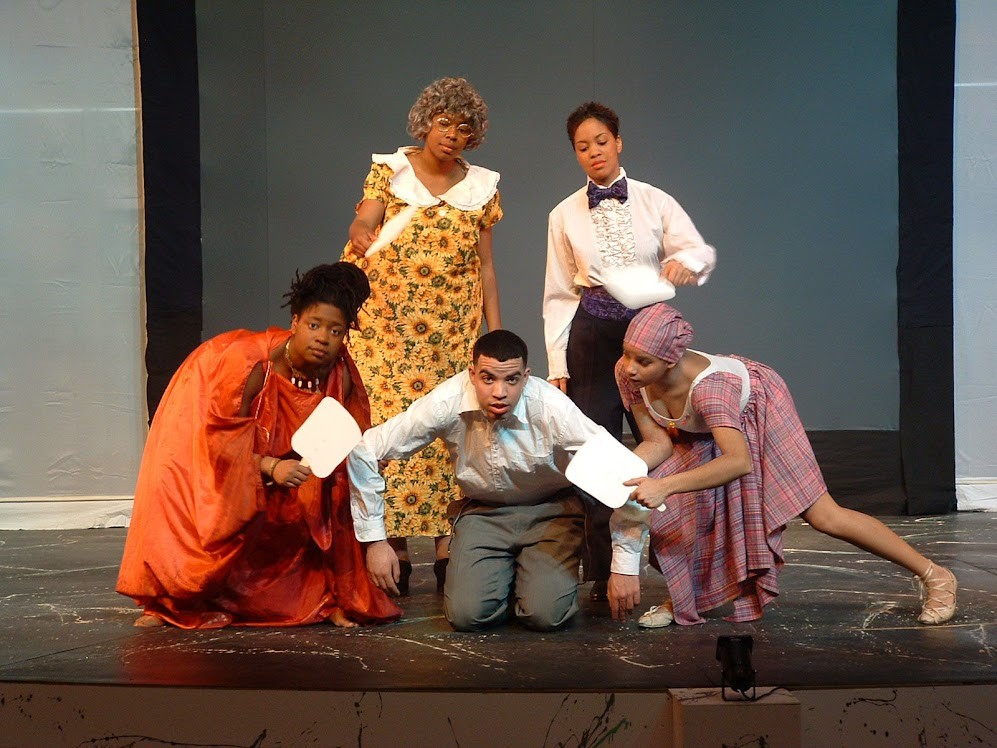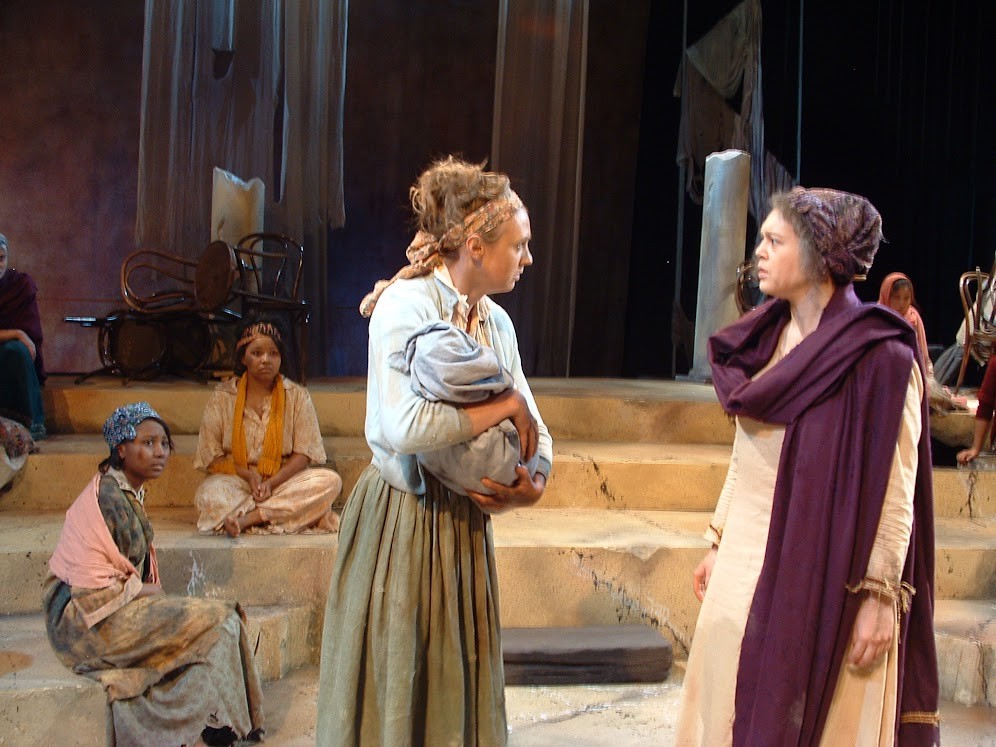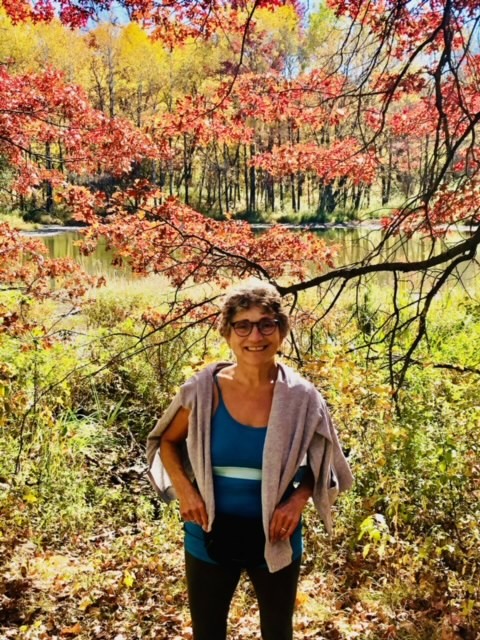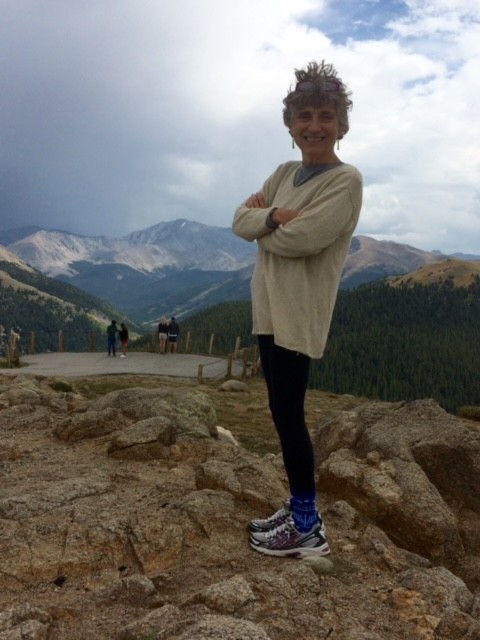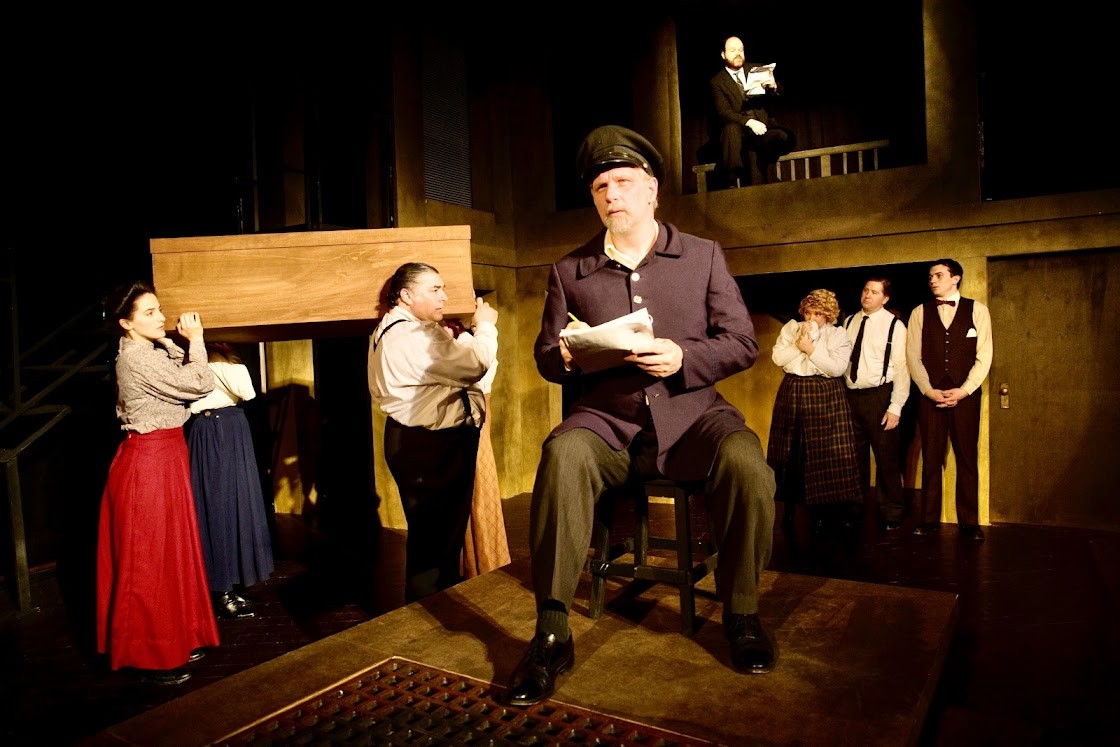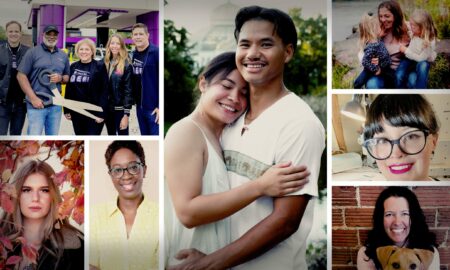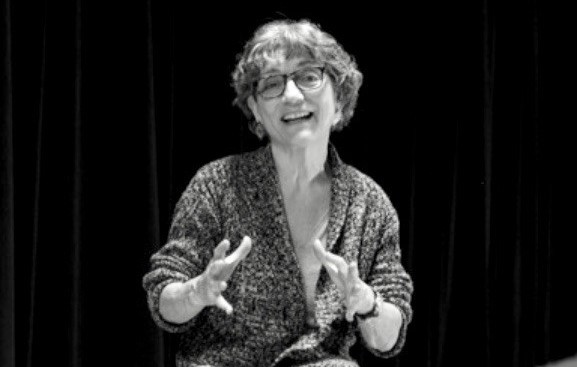

Today we’d like to introduce you to Carolyn Levy.
Alright, so thank you so much for sharing your story and insight with our readers. To kick things off, can you tell us a bit about how you got started?
I am currently directing a new play, ‘I Was A Stranger Too’ by Cynthia L. Cooper, about asylum seekers and the people who help them, which premiered in St. Paul at the Neighborhood House (179 Robie Street East), January 26-29.
I have an MFA in directing and moved to the Twin Cities to work. I have done freelance directing for a number of Twin Cities companies including Theatre Unbound, Park Square, the Minnesota Jewish Theatre Company, and many others. I also taught theatre at Hamline University where I founded and directed Making Waves, a social justice theatre troupe.
I was the artistic director and co-founder of the Women’s Theatre Project where we produced new plays by women about subjects important to women and tried to employ women in the production of these plays.
Alright, so let’s dig a little deeper into the story – has it been an easy path overall and if not, what were the challenges you’ve had to overcome?
The Women’s Theatre Project grew out of one of the struggles I encountered in my career — the lack of representation of women. There were very few plays being produced in this country that were by women, and even fewer were directed by women. And so we started our own theatre!
Another “struggle” I encountered occurred earlier, in college, and had to confront it as I gained more insight. In college, I was involved in the Vietnam antiwar movement and after the bombing of Cambodia and the killing of students at Kent State, I decided to leave school and go to Washington DC to work on lobbying efforts in Congress. All of my professors were in total support of that decision except for my acting professor who said to me: “You can either be dedicated to your work in the theatre or to your politics.” And so for a long time, I carried that idea with me — that there had to be two entirely separate areas of my life.
Several years later, I read an article about a woman named Jennifer Patri who had been a victim of domestic abuse for many years. She killed her husband in desperation, but when she did that, he passed out drunk. Her lawyers argued a “battered women’s defense,” one of the first, claiming that this was in fact self-defense. They lost the case. As a woman, I was utterly horrified by her story. I had no idea of the magnitude of the issue of domestic violence. But some other little part of me realized that this would be an incredible subject for a play. I set out to learn a lot about the subject and I learned that the first Battered Women’s Shelter (that was the terminology we used then) was in St Paul, about three blocks from where I was living. Knowing nothing about their strict rule of safety and confidentiality, I naively walked up to the door and said something fairly uninformed along the lines of: “Hi, I’m a theatre director and I’d like to make a play about a shelter and I hoped that I could talk to some of you.” It was about 20 degrees below zero at the time, so she let me in.
I see that moment as a turning point in my life. From that day on, the trajectory of my career became using theatre to work for social change.
Alright, so let’s switch gears a bit and talk business. What should we know about your work?
My work involves using theater for social change, the play that I am directing now in St. Paul, ‘I Was A Stranger Too,’ raises very important questions about asylum seekers and the people who help them and the hopes that can arise from a single act of caring and concern.
I’ve helped develop and directed plays about date rape, women’s suffrage, women and work, women in religion, nurses, war, immigration, pornography, racial injustice, LGBTQ issues, and many other topics. This work also became central to my teaching.
In my conception of theatre and social change, it is not my intention to make the audience depressed or immobilized. I want the work I do to educate and inform, but also to make audiences think and talk to people, to learn more and intimately to act. I want them to know that there is hope and that the actions of one person can be meaningful and effective. I always try to provide information in post-show discussions and in literature in the lobby to direct people to the ways they can help make a change.
Do you have any advice for those looking to network or find a mentor?
I think you need to go to the physical places where people gather and get to know them. Who are they?
What are their values? Are you simpatico? Understand what you can learn from them, and ask yourself, what you have to offer to them. Mentorship is a relationship in which both sides give and take. So think about how you can offer something that fills a gap for them.
Contact Info:
- Website: https://strangertoo.weebly.com
- Instagram: @strangertooplay
- Facebook: https://www.facebook.com/profile.php?id=100088305128376
